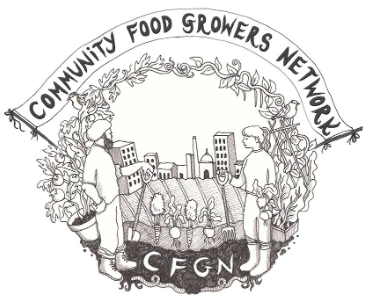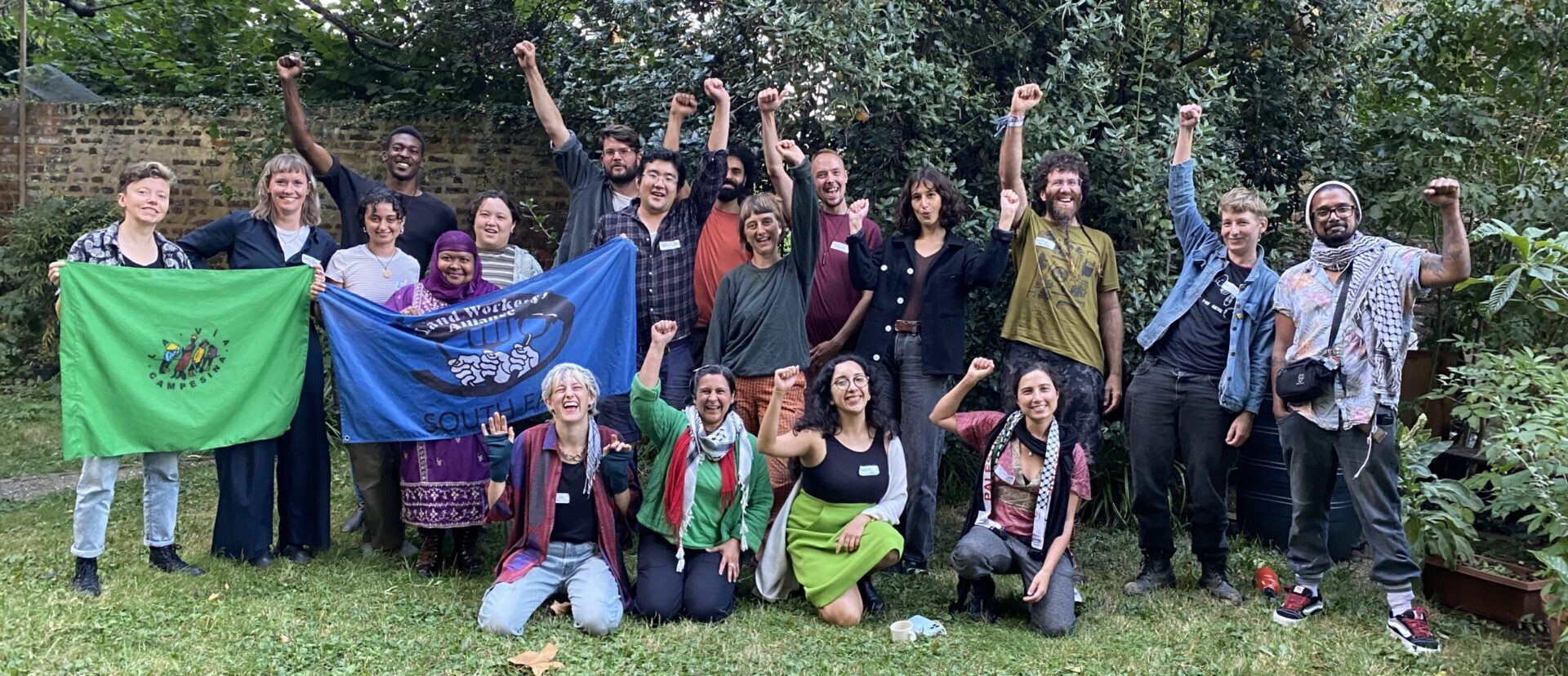Press Release: London growers ask Mayoral candidates for land to feed capital
London growers ask Mayoral candidates for land to feed capital
Food growers from across London today have called on mayoral candidates to make the capital a global leader in progressive food economies by supporting policies for long-term tenures to new sustainable food projects.
The Community Food Growers Network – a democratic organisation of food growers that spans gardens across London – launched five policies based on two-years research for the new Mayor to implement in their London Plan once in office.
The group’s leading policy would mean London borough councils and the GLA would identify and publish lists of suitable land for community food production, and support groups and individuals to transform the spaces.
Youth worker Rob Ronan said: “Community food growing is proven to have multiple social and environment benefits such creating jobs and contributing to local economies, providing green space in a city, and increasing biodiversity. We’re asking Mayoral candidates to commit to making these policies a reality if they want a London where there is fresh, nutritious food and community space for all Londoners.”
The policy recommendations come after London signed up the Milan Urban Food Policy Pact in October last year with 119 other cities. The agreement outlines how city government bodies have a key role to play in using public resources and infrastructure to build sustainable food systems for healthy diets as over half the world’s population now lives in an urban environment.
According to the GLA’s Cultivating the Capital (2010) report, up to 15% of Greater London’s land area is farmland, but less than 10% of land in Greater London appears to be actively farmed while most allotment waiting lists are closed. Elsewhere, NHS statistics showed in 2014 that hospital diagnosis of malnutrition in England had risen by over 50% since 2010.
BBC Cook of the Year finalist Dee Woods said: “Land is the key. We need career long tenureships so that community food projects can invest in the neighbourhoods they’re in, improve soil health for bountiful harvests in the future, and make sound financial plans. It’s hard to do these things if you only have a year or two to make a project happen.”
She continued: “The need is there and we’re ready to invest more into our work- now we just need city hall and town halls across the capital to deepen their support so we can really make London a global innovator in sustainable food economies.”
ENDS
For more information and interviews please contact:
Rob Ronan – cfgn@riseup.net
Notes to editors
-
Petition calling for London Mayoral candidates to support policies for London Plan here
-
Community Food Growers Network website
-
More information about the Milan Food Pact (2015) can be found here
http://www.foodpolicymilano.org/en/urban-food-policy-pact-2/
-
GLA Cultivating the Capital Report (2010) can be found here
-
News item on rising malnutrition in the UK here


